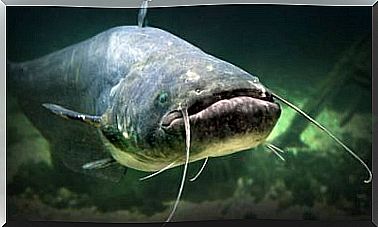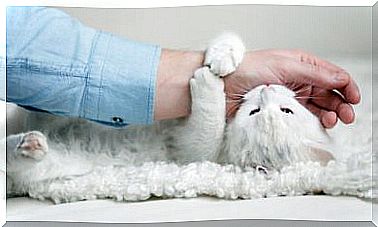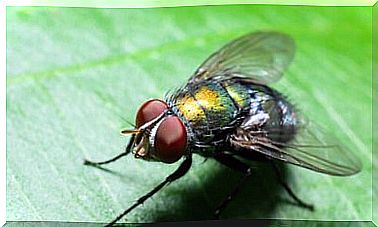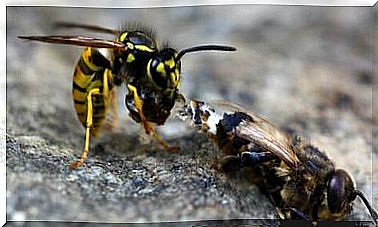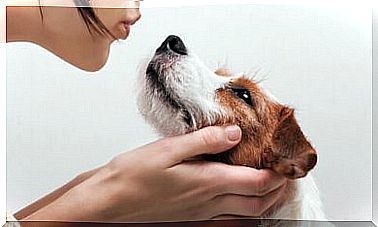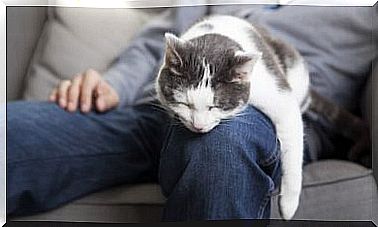Preventive Medicine For Pets

Preventive medicine for pets consists of simple and effective care to maintain their health. With a few minutes out of your day, it is possible to protect you from many serious diseases and improve your quality of life.
Knowing the pillars of preventive medicine for pets
“Prevention is better than cure “: This golden rule also applies to the health of our animal companions.
It is worth clarifying that any preventive medicine for pets should include regular visits to the vet. He is the only professional trained to recommend products and preventive measures according to each animal.
-
Respect the vaccination record
For most serious diseases, vaccination is the only efficient form of prevention. Therefore, there is no preventive medicine for pets without responsible vaccination.
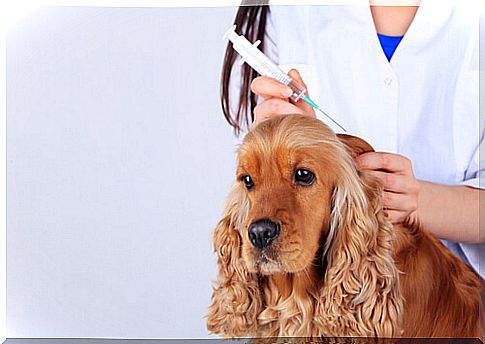
-
Hygiene and oral and dental care
Animals need oral care to ensure a proper digestive process and prevent the proliferation of microorganisms. And it is necessary to start when they are puppies.
Oral health disorders are common when there is a large accumulation of tartar on the teeth and gums. Halitosis is usually the first sign that something is wrong in your pet’s mouth. And it is usually caused by inefficient dental hygiene.
It is advisable to brush the animal’s teeth 2 to 3 times a week, using only products suitable for animal use. Human toothpastes that can damage tooth enamel and poison your pet.
If your pet already has a severe accumulation of tartar, the vet will recommend professional cleaning under surgical intervention.
-
Internal and external deworming
Deworming and vaccination are the keys to preventive medicine for pets. The most essential thing about deworming is to maintain the periodicity of the treatment and choose the right products.
For external deworming, it is recommended to apply the pipettes or sprays at least 2 times a year. It is important to follow the instructions of the veterinarian and the manufacturer on the application. Additionally, flea and tick collars and soaps can be used.
For internal deworming, the treatment should also be repeated every 6 months. The concentration of the active principle depends on the age and weight of the animal.
All products have a validity period. When it expires, it reduces or cancels its power of action and the animal is exposed to parasites.
-
Cleaning of ears and eyes
Dark circles and eyes are constantly exposed to dirt and microorganisms present in the environment. Mainly when the pet lives in large polluted cities.
For the ears, a weekly cleaning using a clean gauze is recommended. It will be applied to the outer parts of the ear and to the beginning of the ear canal.
After bathing, it is essential to dry the outer and inner part of the ears well. The same goes for walks on the beach, pool days and any other water activity. Otherwise, the humid area facilitates the proliferation of microorganisms and causes a bad smell.
Already in the eyes, you can do a daily cleaning with clean gauze. You have to be very careful not to irritate the inside of the eye. It is also important to avoid the accumulation of lagañas in the eye area.
-
Coat care
The fur of the animal does not serve only to beautify it. It is a protection for your body and an important evolutionary adaptation of each race.
The most basic care consists of brushing the animal according to its coat and choosing the right brush. Long-haired animals can be brushed 2 to 3 times a week. While those with short hair need 3 or 4 brushings per month.
Excessive baths can damage its coat, remove the protective layer of fat from its body, and leave it vulnerable. It is advisable to bathe a dog 1 to 2 times a month only.
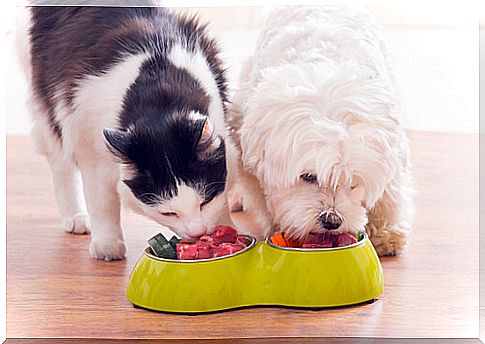
-
Balanced diet
An unbalanced diet can cause countless diseases: from bad breath to malnutrition, obesity and digestive disorders.
The balanced food should be chosen first according to the age and size of the animal. But you should also watch out for special conditions such as allergies, being overweight, urinary, kidney or liver problems.
It is important to respect the appropriate amounts for each animal. Some breeds of dogs can be especially gluttonous and will be able to beg for food all day. It is also not recommended to give human food to pets, as it can seriously damage their digestive tract.
-
Regular physical exercises
Exercises are the ideal complement for a balanced diet. They help to control the weight of the animal, avoiding consequent diseases, and allow energy expenditure and balance metabolism.

